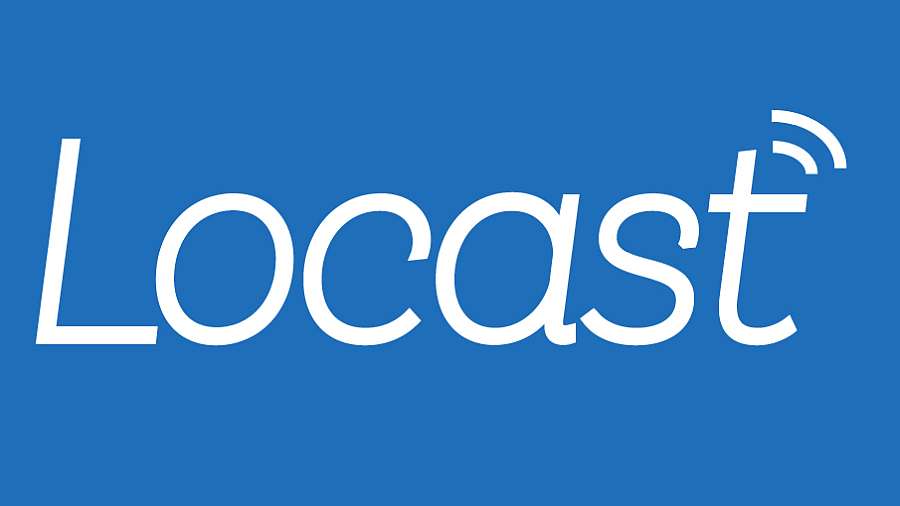Exclusive: Locast Launching in Houston

The smarter way to stay on top of broadcasting and cable industry. Sign up below
You are now subscribed
Your newsletter sign-up was successful

Locast, the local TV station streaming service, is adding its third market, Houston, as of Aug. 20, according to the Sports Fans Coalition New York, the nonprofit behind the service.
Locast launched Jan. 11 in New York without the knowledge or consent of, or compensation to, the 13 TV stations, including stations owned by the Big Four networks, whose signals it is delivering free to fixed and mobile broadband devices. It is relying on copyright law that allows a nonprofit to retransmit local TV station signals without getting a copyright license.
The service expanded to Dallas on Aug. 2, with a promise of more markets soon.
Locast can charge a fee, but only to cover costs. It is asking for donations to do just that.
“Houston, we have liftoff,” said coalition chair David Goodfriend. “This great American city famous for rockets and energy is a perfect fit for Locast. Now residents of Houston, even those who cannot receive an over-the-air signal, can watch their local broadcast stations on any Internet-enabled device.”
The plan is to add at least two more markets in the coming weeks.
Goodfriend says the services in New York and Dallas now have "tens of thousands" of users.
The smarter way to stay on top of broadcasting and cable industry. Sign up below
Related: Locast Yet to Draw Legal Fire
To date, Goodfriend says broadcasters have not complained or tried to sue them over the internet retransmissions.
The National Association of Broadcasters initially responded to Locast's launch by likening it to the over-the-top services shot down or brought up short by the courts--Aereo, FilmOn, services it said had tried and failed to find "creative ways" to skirt laws that protect local broadcasters and their viewers.
NAB had said at the time of Locast's launch that it sounded like the same kind of thing--NAB last week would not comment on what it thought of the expansion into new markets--but initially signaled it did not think the service would survive legal scrutiny. That's the scrutiny it gave those predecessors when NAB, which represents TV stations and the major networks, joined with the studios to file suit.
But so long as the service is actually provided not-for-profit, Locast appears to have found a creative way to retransmit TV station signals, so long as over-the-internet is considered comparable to over-the-air retransmissions.
Locasts relies on Title 17, Chapter 1, section 111 a)5 of the Copyright Act — which, for those without a copy handy, covers exemptions from exclusive rights to broadcast transmissions. It grants that exemption if “the secondary transmission is not made by a cable system, but is made by a governmental body, or other nonprofit organization, without any purpose of direct or indirect commercial advantage, and without charge to the recipients of the secondary transmission other than assessments necessary to defray the actual and reasonable costs of maintaining and operating the secondary transmission service.”
That is the same provision under which TV translators already boost broadcast signals.
Locast is geofenced, which means it will not be available outside the relevant DMA and thus does not run into contractual exclusivity issues.
The silence from broadcasters and studios may be because they have been figuring out their legal strategy, but it could also be a split between the network and station members of the association. That is because the networks have made some deals to deliver their programming straight to over-the-top services. TV stations may have decided that the free net viewing Locast provides their content over the top could translate to more eyeballs for their local advertising, eyeballs the networks aren't delivering when they provide their shows over the top without local commercials.
Contributing editor John Eggerton has been an editor and/or writer on media regulation, legislation and policy for over four decades, including covering the FCC, FTC, Congress, the major media trade associations, and the federal courts. In addition to Multichannel News and Broadcasting + Cable, his work has appeared in Radio World, TV Technology, TV Fax, This Week in Consumer Electronics, Variety and the Encyclopedia Britannica.

